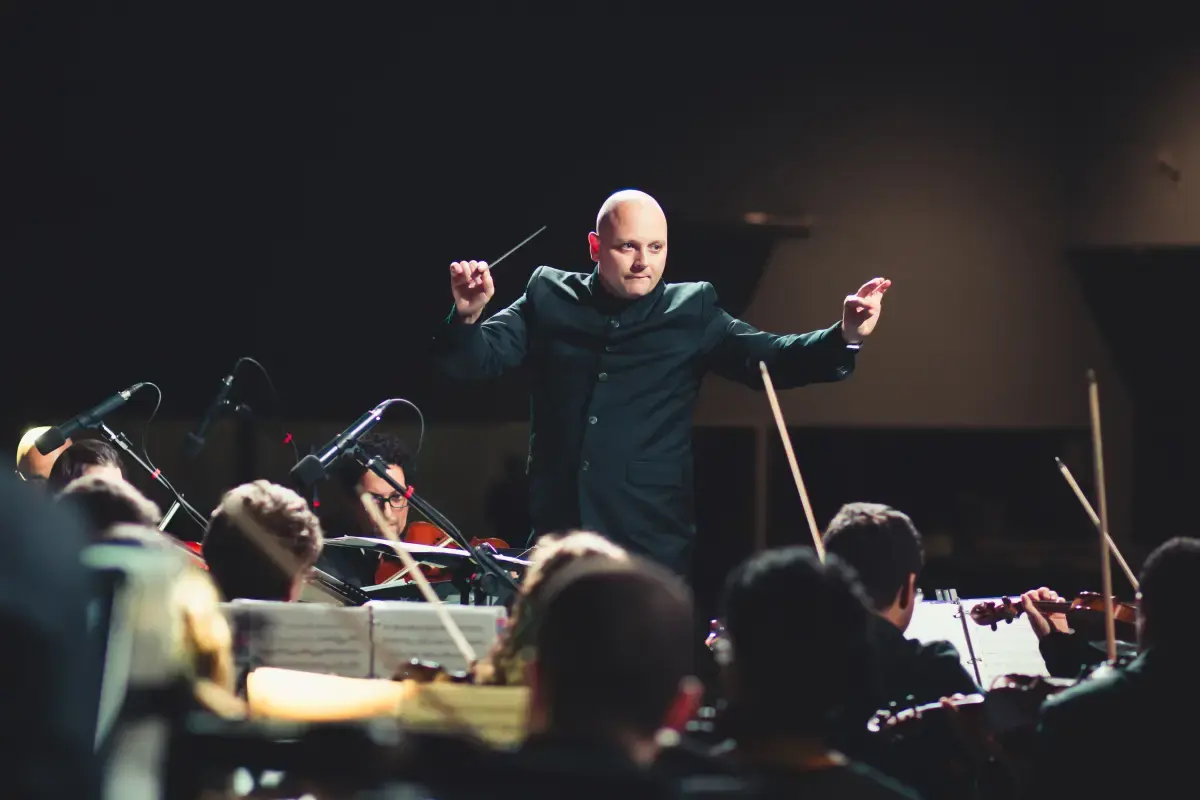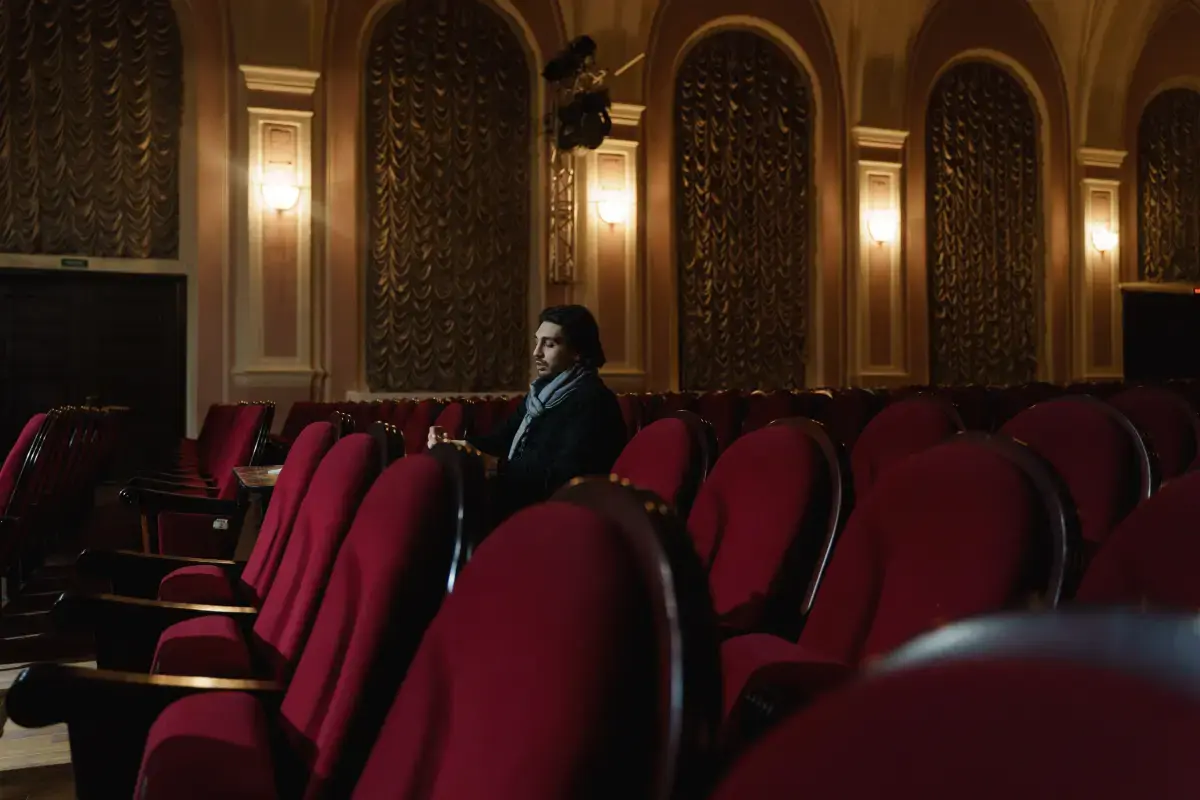
Opera Singer Job Description
What is a Opera Singer Professional?
An opera singer is a musician who specializes in singing operatic repertoire. Opera singers typically have strong vocal techniques and stage presence, as well as the ability to sing complex classical music. Opera singers are often engaged by opera companies to perform lead roles in operas. Opera is a form of theatre in which music has a leading role and the parts are taken by singers, but is distinct from musical theatre in that the core of its dramatic action and emotional power does not come from the songs as such. Rather, it comes from what happens between them: the plot. The essential elements of an opera are voices (both solo and chorus), acting, scenery and costumes. In Ancient Greece, plays were sometimes accompanied by songs but this only became common practice after about BC when dithyrambs – choral hymns sung in honour of Dionysus at Athenian festivals – started being performed onstage. Later on, other types of song began to be incorporated into drama including secular monody (solo song) which became very popular during the Renaissance.

What does a Opera Singer Expert do?
Opera emerged out of these various elements around in Italy when a new style of composition developed which wove spoken dialogue with sections sung by both soloists and groups – known as recitative and aria respectively. This new form quickly spread throughout Europe where different centres developed their own recognizably ‘national’ styles: French grand opera; German Singspiel; Russian operetta; English light opera etcetera. However, regardless of such regional variation, all operas share certain broad features including recitative sections for plot progression interspersed with more elaborately composed musical numbers involving both soloists and choruses; an overall through-composed structure meaning that each section leads logically on from those before it until the final curtain falls; orchestral accompaniment played from an area called the pit usually below stage level;Costumes play an important role—not just because they look good—but also because they help identify characters & create atmosphere or help distinguish one scene from another Locations or sets also have significance: think about how much would be lost if Verdi’s La traviata was set in a modern penthouse rather than th century Paris! While many people go to see operas for their pretty tunes or stunning visuals there is often more going on than first meets the eye or ear… Take Wagner’s Der Ring des Nibelungenfor example: over hours long this cycle of 4 epic operas based loosely on Norse mythology deals with some pretty weighty themes such as fate vs free will love vs power justice vs greed all very relevant today! Equally Puccini’s tragedy Madame Butterfly contains some thought-provoking observations about cross-cultural relationships, colonialism, stereotypes beauty & marriage again issues which still resonate years after it was written

What are the Skills of a Opera Singer?
An opera singer need to have a powerful and trained voice in order to be heard over the orchestra and project to the back of large auditoriums. They must also be able to sing with emotion and express the meaning of the lyrics.

What makes an Expert Opera Singer?
Opera singers usually start taking singing lessons at a young age and continue to train their voices throughout their career. Many opera singers also take acting classes to learn how to better convey the emotions of a character.

What level of Experience & Qualifications are required to be a Opera Singer?
Professional vocal training: Most opera singers pursue formal vocal training at a university or conservatory, where they learn to master classical repertoire and develop their own unique sound. 2. Performance experience: Opera singers need to have significant stage performance experience in order to be considered an expert. This can involve singing lead roles in opera productions, performing recitals of art songs and arias, or participating in competitions and other professional opportunities for young performers such as the Metropolitan Opera National Council Auditions. 3. Music theory knowledge: It is important for opera singers to have a strong understanding of music theory so that they can interpret musical scores accurately and effectively communicate with conductors, directors, coaches and other musicians involved in the production process. 4. Language skills: In addition to having good language comprehension skills when it comes to reading librettos (the texts used in operas), many opera singers must also possess fluency or advanced proficiency in foreign languages such as Italian, German or French which are commonly used among European-based works within the genre of classical music theatre known as “opera”.. 5. Acting abilities: Many great opera stars not only possess amazing singing voices but also excellent acting abilities that enable them to fully embody their characters on stage while delivering powerful performances that captivate audiences around the world..

What is the Salary of a Opera Singer?
The salary expectations of an opera singer can vary greatly depending on the individuals experience and their level of success. For a junior or entry-level opera singer, salaries typically range from $20,000 to $50,000 per year. This is for singers who are just starting out in their careers and may not have any professional training or performance experience yet. At this stage, most performers focus more on building up their skillset than they do earning money. At mid-career level (5+ years of experience), salaries can increase to anywhere between $60,000 - $100,000 per year. These performers often have established reputations within the industry and may be regularly performing at major venues such as Broadway shows or international tours with leading operas companies. Senior and experienced opera singers usually earn upwards of six figures annually ($150k+). These singers are highly sought after and command high fees due to their extensive career accomplishments as well as having developed strong relationships with producers and promoters over time. Some even reach seven-figure incomes if they become very successful stars in the world of opera music!

What are the Working Conditions for a Opera Singer?
Opera singers generally work in a variety of settings, including opera houses, concert halls, and other performing arts venues. They typically sing solo or with others as part of an ensemble. Rehearsals may be held several days per week for many hours at a time. When singing in opera productions, performers must learn their lines by heart and memorize blocking (stage directions). Performers are also expected to wear costumes and makeup that are appropriate for the production they are performing in. The performance schedule can vary depending on the type of production being performed; some performances may run for several weeks or months while others might only be one night. Opera singers often have to travel frequently for performances across different cities and countries so flexibility is important when planning ahead for upcoming engagements. Additionally, performers should stay well-rested both before and during performances as vocal quality is essential to successful operatic singing.

What are the roles and responsibilities of a Opera Singer?
To rehearse and learn their role(s) in an opera
To study the music score and libretto (text) of an opera
To sing their role(s) during performances of an opera
To gesture and act out their role(s) during performances of an opera
To wear appropriate costumes and make-up during performances of an opera
To work with other members of the cast, such as the conductor, stage director, and other singers, to create a cohesive performance
To warm up their voice before rehearsals and performances
To take care of their voice by drinking plenty of water, resting when needed, and avoiding speaking or singing loudly when they are not performing
To attend Opera Appreciation classes or events to learn more about the history and repertoire of operas
To participate in supportive activities such as online research or library visits to find out more about their roles
To attend costume and make-up fittings, and to be available for rehearsals in the lead up to an opera performance
To familiarise themselves with the music of their role, and to learn any new pieces required
To sing at promotional events or concerts when requested
To provide support to other members of the cast during performances
To take direction from the conductor during performances
To interact with other members of the cast on stage during performances
To react realistically to the action taking place around them during a performance
To project their voice across an auditorium without amplification
To maintain high energy levels throughout long opera performances which can last several hours
After each performance, to take part in a debrief with fellow cast members and crew, and give feedback on what worked well and what could be improved

Where can I find Opera Singer jobs?
- Create a profile on gigexchange and promote your Opera Singer skills to advertise you are Open to New Work Opportunities
- Ensure your Resume (or CV), or online work profile is up to date and represents your skills and experience. Ensure your reputation reflects your ability & attitude.
- Apply for Opera Singer Jobs advertised on gigexchange.
- Practise Opera Singer interview techniques to ensure you represent your personality and ability succinctly and confidently.
- Accept the job offer if the salary meets your expectations and the employer mission and purpose reflects your core values.
Jobs
What are the best job boards for Prima Donna jobs?

How can I hire Opera Singer staff online for my business?
The best job board for recruiting Opera Singer experts is gigexchange.com. Advertise full-time, part-time or contract jobs to find, hire & recruit trusted, experienced and talented Opera Singer candidates near you.

Are Opera Singer roles in demand in 2026?
Opera Singer experts are still in high demand in 2026. If you are an experienced Opera Singer or looking to train and become one. The job market is looking strong for Opera Singer jobs near me.